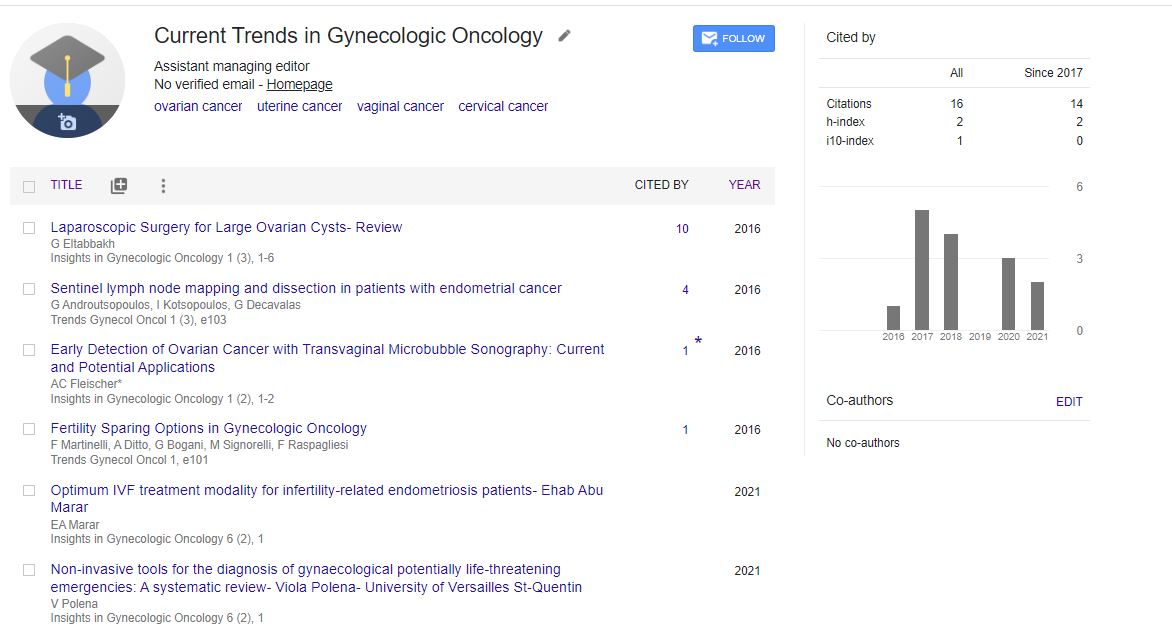Exposure to synthetic glucocorticoids during pregnancy alters the expression of p73 gene variants in fetal brains in a sex-specific manner
*Corresponding Author:
Copyright: © 2020 . This is an open-access article distributed under the terms of the Creative Commons Attribution License, which permits unrestricted use, distribution, and reproduction in any medium, provided the original author and source are credited.
Abstract
Fetal exposure to dexamethasone (DEX), a synthetic glucocorticoid, alters brain plasticity and cognitive functions during adulthood in a sex-dependent manner. The mechanisms underlying such long-lasting sex-dependent change of prenatal DEX is not yet well understood. The p73 gene plays an important role in the development of the brain. It encodes for two protein variants; the neural cell death protein (TAp73) and the anti-neural cell death protein (ΔNp73). Therefore, we sought to determine how prenatal exposure to DEX alters the expression of these p73 gene variants in the brain of male and female fetuses. Pregnant dams received intraperitoneal daily injections of either DEX (0.4 mg/kg, i.p.) or saline from gestation day (GD) 14 until GD21. On GD21, both body and brain weights were monitored and mRNA and protein levels of TAp73 and ΔNp73 were measured in male and female fetal brains using RT-PCR, Western blot, and immunohistochemistry. Prenatal exposure to DEX significantly reduced the body weight and brain weight of both male and female fetuses, although reduction in brain weight was less severe than that of the body weight. Administration of DEX to pregnant dams led to enhanced expression of both TAp73 and ΔNp73 gene/protein variants in the brain of male fetuses but not in that of female fetuses. Dexamethasone induced a sex-dependent effect on the expression of p73 gene variants. DEX-induced growth restriction in the brain of female fetuses is independent of p73 gene. This study strongly suggests that survival/death programs operate differently during the development of male and female brains.

 Spanish
Spanish  Chinese
Chinese  Russian
Russian  German
German  French
French  Japanese
Japanese  Portuguese
Portuguese  Hindi
Hindi 